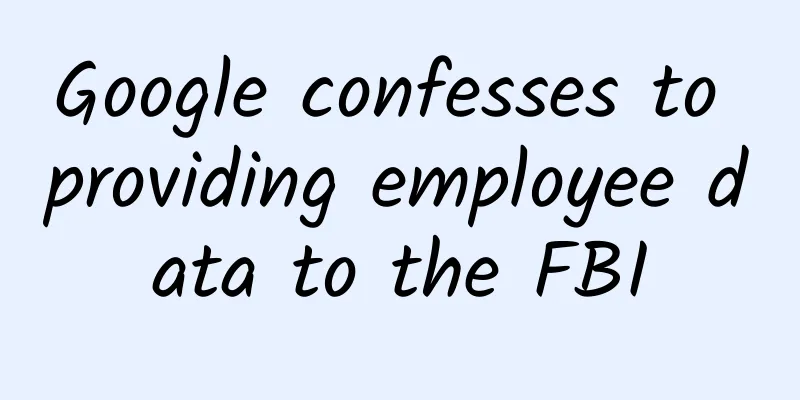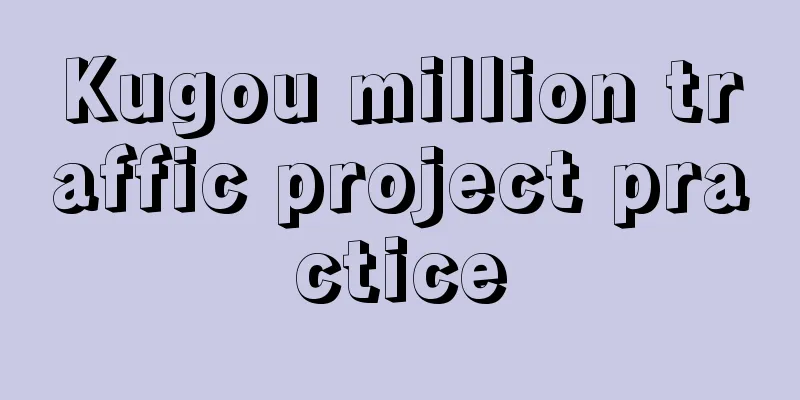Google confesses to providing employee data to the FBI

|
On December 23, 2014, Christmas Eve, Google informed WikiLeaks that it had previously submitted three employees' emails, IP addresses and other data stored on Google servers in accordance with a secret search warrant from the Department of Justice. According to The Guardian, Google provided the data to the FBI in March 2012, more than two and a half years after it informed WikiLeaks last year. WikiLeaks has written a letter of protest to Google Chairman Schmidt, arguing that this move seriously threatens users' "privacy and freedom from illegal searches." The letter, drafted by Michael Ratner, an attorney at the nonprofit legal organization Center for Constitutional Rights, asks Google to detail all the data it provided to the FBI and to explain whether it has ever challenged the legitimacy of the search warrant and whether it has subsequently provided additional data. The three people searched were British citizen Sarah Harrison, WikiLeaks spokesperson Kristinn Hrafnsson, and WikiLeaks senior editor Joseph Farrell. When informing WikiLeaks, Google stated that the submission of data was in accordance with the requirements of the U.S. Department of Justice. The submitted data included all relevant email information, such as incoming and outgoing emails, attachments, drafts, and deleted emails, including the email addresses of the recipients and senders of each email, the specific year, month, day, and time, etc., as well as the Internet service accounts of three employees logged in using Google accounts, including phone numbers and IP addresses, the time and duration of each Internet activity, alternative email addresses, and associated credit card and bank card account numbers. This covers almost all the information about a person's activities on the Internet. Alexander Abdo, an attorney and privacy expert at the American Civil Liberties Union, commented on the FBI search warrant. Google said it was unable to inform the WikiLeaks employees earlier because of a government gag order that required Google not to discuss the matter . It did not say when the gag order was lifted. Hacking into the private email accounts of British journalists is a serious violation of personal privacy. Harrison, an employee of WikiLeaks involved in the incident, denounced Google's behavior in an interview with The Guardian. She is also the founder of the news website Courage Foundation. We are subject to the same laws as every other company. Google said it would not comment on individual cases. After receiving a court subpoena, we will first determine whether the request is consistent with current laws. If not, we will refuse to provide data, or reduce the dimensions and amount of data provided. We record every government data request to maximize the protection of user rights. In 2010, Chelsea Manning, a former US Army intelligence analyst in Iraq, leaked more than 200,000 intelligence documents to WikiLeaks, which then made them public. The leaked documents put the US in a very passive position in terms of human rights and diplomacy. Subsequently, WikiLeaks was investigated by the US Department of Justice and the Department of Defense. Google is not the only company facing government data requests, but each company has responded differently. Twitter's response strategies in similar situations are also a big part of the reason why Google has been criticized. Birgitta Jonsdottir is a former WikiLeaks volunteer and a member of the Icelandic Parliament. She participated in the video of the US helicopter gunship shooting civilians in Baghdad released by WikiLeaks. The US Department of Justice then asked Twitter to provide all of Jonsdottir's social data. Twitter informed Jonsdottir of the matter in a timely manner, and she was able to seek legal means to resolve the issue. Although the trial in July 2012 ruled that the Department of Justice could obtain her Internet data without a search warrant and without the knowledge of the person concerned. In recent years, most technology companies have announced the frequency of government data requests, but usually do not disclose the specific people under investigation. This information seems to be the maximum that technology companies can disclose. According to Google's transparency report, there were nearly 32,000 government data requests in the first half of 2014, a 15% increase from the second half of 2013 and 2.5 times the number when Google first released its transparency report in 2009. |
<<: These Motos, those models.
>>: A Generation of Lifelong Learners - An Interview with Andy Matuschak
Recommend
What happened to the girl from Liangshan, Sichuan, who returned to her hometown to teach after graduation? Why did the girl from Liangshan, Sichuan return to her hometown to teach after graduation?
What happened to the girl from Liangshan, Sichuan...
Lesson 7 of CTO Training Camp: Pitfalls in Performance Management and R&D Management of Technical Teams
[51CTO.com original article] When a technical tea...
The most comprehensive guide to Kuaishou information flow advertising
Kuaishou is a well-known short video application ...
Guo Yaotian teaches you step by step how to block WeChat public accounts from dominating the screen, Part 3
When you read this title, you must want to know h...
How much do you know about performance optimization?
[[196882]] 1. Introduction Recently, a new versio...
From 2019 to 2020, these 4 marketing trends will not change
2019 has finally come to an end. This year the ma...
Bypass: The ticket grabbing software with the highest success rate in 2020
1. What is the account used for logging in? The a...
Online traffic generation and publicity skills for training institutions!
When we do online promotion, we often say how &qu...
10 insights behind the 120,000 yuan marketing campaign
Holiday campaigns have always been the focus of b...
3 strategies for native advertising!
Only by using fewer "tricks" can you tr...
“Hot” private domain traffic, “Shuanghuanglian” on the B-side?
The popularity of the concept of private domain t...
APP promotion tips: 100,000 yuan brings 20 million users
Last time, I wrote an article titled "How to...
How to use “message push” so as not to harass users? ——Taking financial apps as an example
Imagine this scenario: On a clear autumn afternoo...
From C pseudocode to assembly, hands-on implementation of objc_msgSend
The objc_msgSend function underpins everything we...
Teacher Maomao's video course on short-term compound growth of hot money and short-term premium of hot money
Introduction to the video course resources of Mr....









